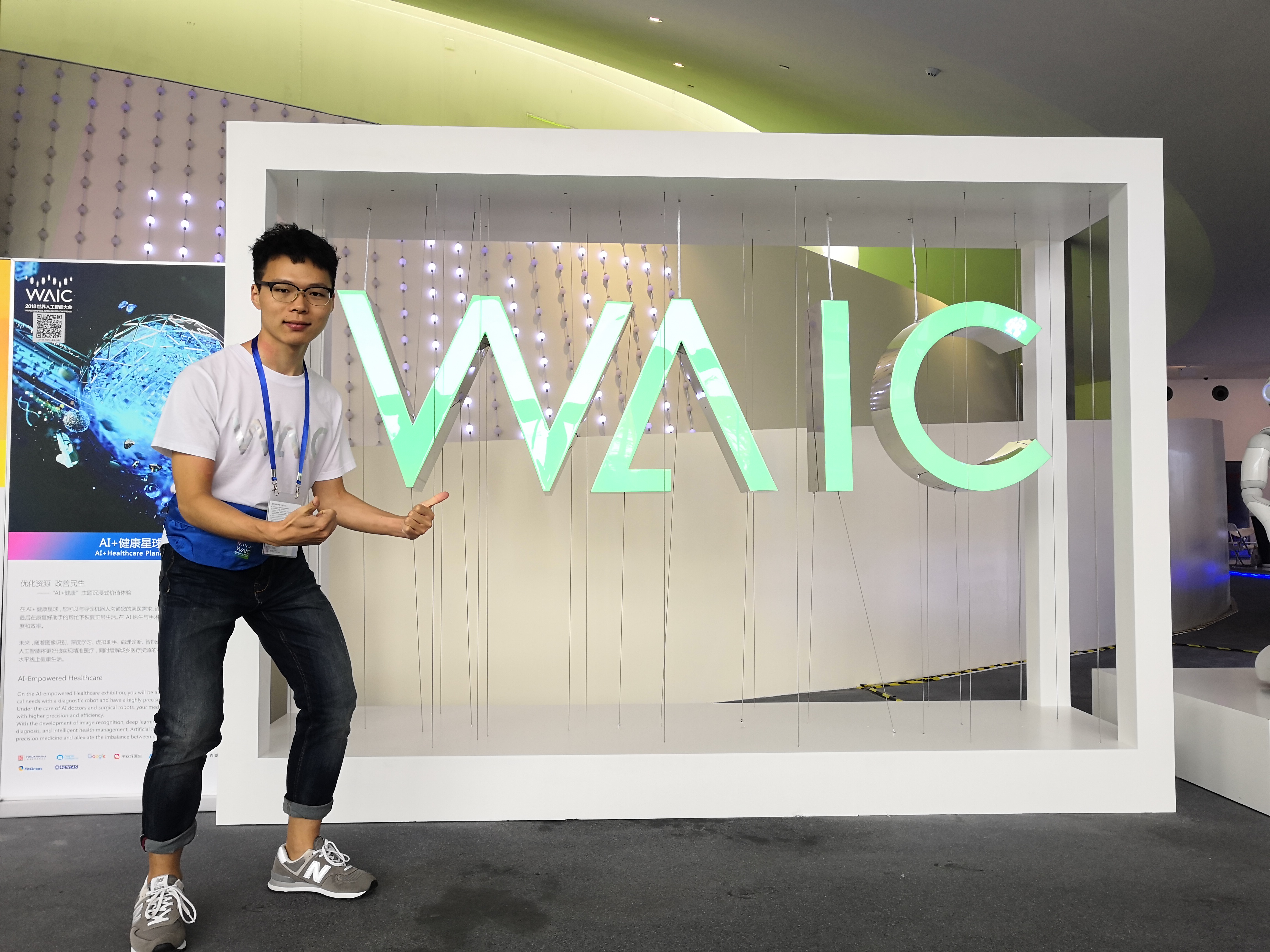High-precision calibration method for insulating coating thickness measurement of curved surface based on eddy current
Published:
- Current Status: Accepted
Abstract
The eddy current displacement sensor (ECDS) has the advantages of non-destructive testing, no measuring force, and strong oil pollution resistance. It provides an effective method for measuring the thickness of the coating. In practical applications, the object of thickness measurement is changing to a curved surface. Based on the coil panel mutual inductance effect, the ideal accuracy can be obtained when measuring the plane. However, the accuracy of measuring the curved surface parts using the results of plate calibration often fails to meet the requirements. To solve the above problems, this paper takes a certain type of ECDS as an example. Firstly, three calibration testing experiments are conducted. The 9th-degree polynomial, 7th-order Fourier series, 8 Gaussian functions, and radial basis neural network are used to fit the sample data. Then the squared sum of errors, root mean square, coefficient of determination and single-point operation time are compared and analyzed in terms of measurement accuracy and calculation rate, which provides some reference suggestions on how to choose the calibration method in different applications. Aiming at meeting the requirements of thickness measurement of polyurethane foam on the outer surface of the fuel tank, the method based on radial basis function neural network is selected. The results show that the measurement error can be controlled within ±0.15 mm within the range of the sensor by optimizing the calibration method.

